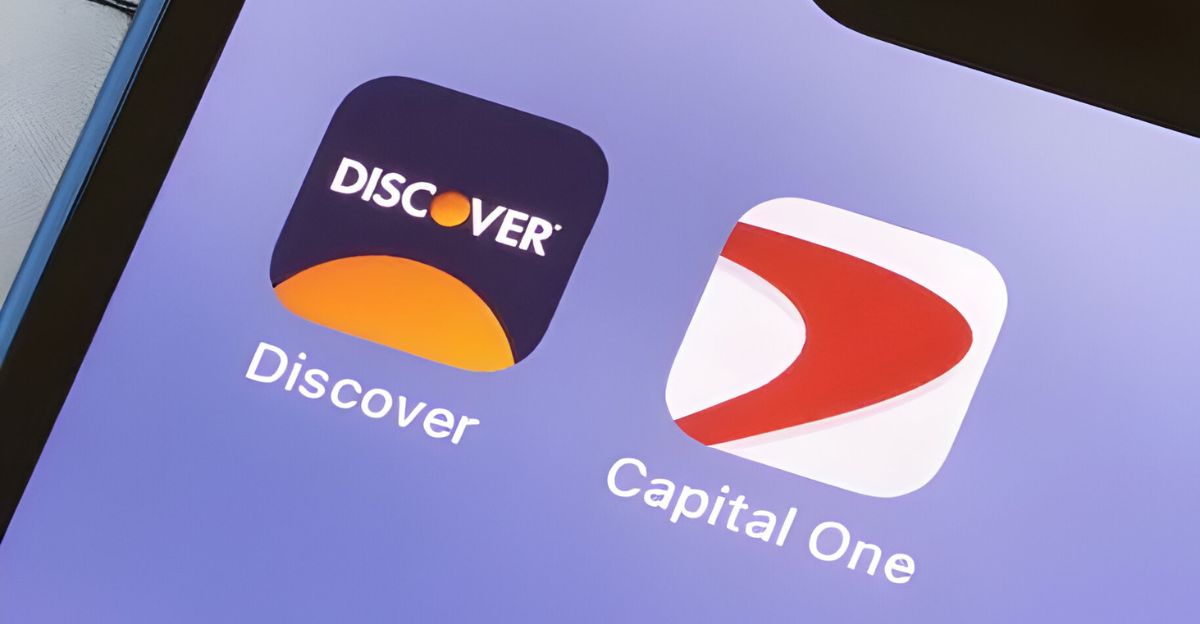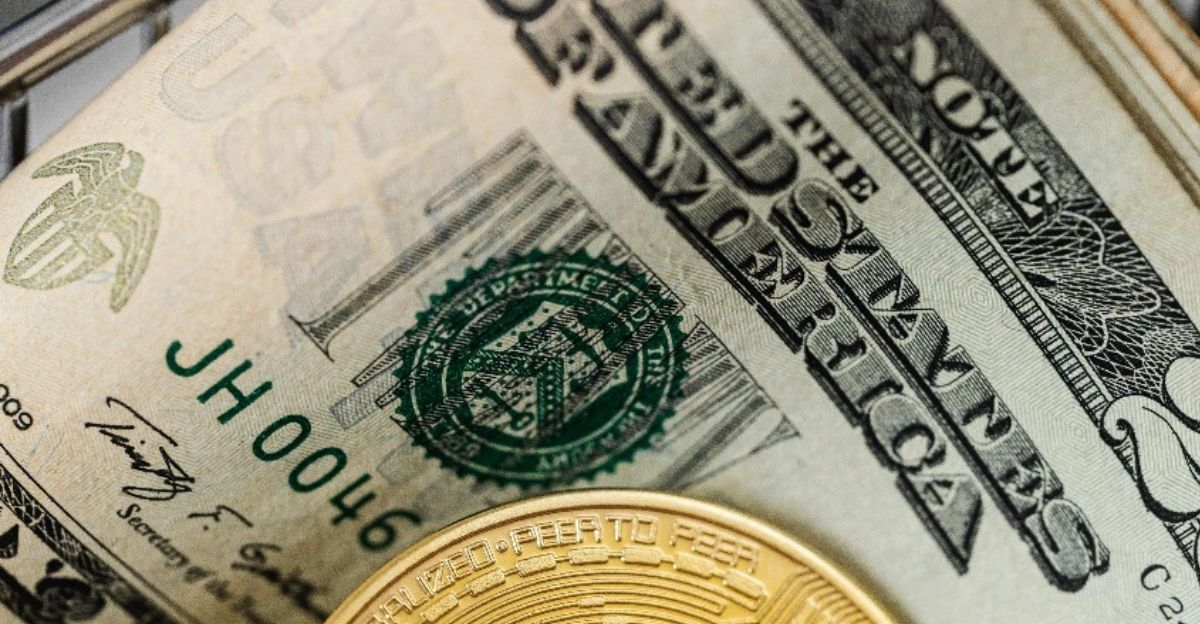
There is a reward for patience. After years of regulatory troubles and public scandal, the world’s largest credit firm is finally in the making. April 2025’s approval of Capital One and Discover Financial Services’ $35 billion merger unites two U.S. credit card industry giants.
It is not another Wall Street tale but a seismic realignment for 400 million global cardholders. The merger’s approval, after ferocious antitrust scrutiny and consumer activist backlash, marks a new era of banking consolidation. What lies in store for competition, consumer choice, and international credit markets? The dominoes are merely falling.
The Regulatory Gauntlet

Regulators spent 14 months dissecting the Capital One–Discover merger, with the Federal Reserve, OCC, and Justice Department each weighing in. Detractors predicted the merger would stifle competition, drive up consumer prices, and give too much influence to one firm. But regulators signed off after squeezing compliance promises and disciplining Discover for fee abuses.
The Justice Department found no antitrust grounds to block the deal, an action that has raised a firestorm of controversy regarding the effectiveness of current guidelines on mergers. The approval sets a precedent for subsequent financial megamergers, which can facilitate industry consolidation.
Understanding the True Size of “Biggest”

The combined organization now owns an astounding one-third of the U.S. subprime credit card business and has become the largest company in the United States. Capital One and Discover together have more than 400 million cardholders worldwide.
Their assets, which are now more than $637 billion, make them the most prominent global banking organizations in terms of size. This ranking is not just pride of place—first, it places the new giant in sole command of payment networks, merchants, and consumers. The combination also makes Discover’s payments network a genuine Visa-Mastercard competitor for the first time in years.
A New Challenger to Visa and Mastercard?

One big reason for the merger is that Capital One wants to connect its large number of cardholders directly to Discover’s payment system. Discover has always been behind Visa and Mastercard in terms of the number of places that accept it and the number of people who use it.
But with Capital One’s size, Discover could finally compete in a big way and shake up how the world handles payments. This move can encourage Visa and Mastercard to innovate or lower their fees. However, it also disturbs the possibility of new trends of market dominance, only with new participants at the wheel.
Big Business Gains, But What Do Consumers Lose?

Consumers hope and fear the merger. Capital One provides more rewards, greater acceptance, and improved online services. Critics say this merger could hurt everyday people. With less competition, credit card companies might raise interest rates, offer fewer choices, and make it harder for low-income customers to get fair terms.
In the past, big financial mergers have made it tougher for people to negotiate and added more risk to the system. Since the new company will control a large part of subprime lending, it might tighten rules and make borrowing even more complicated for those struggling.
The Rise of Data Control

The merger creates a data behemoth, encompassing cards and payments. When two companies merge and gain access to the spending habits of hundreds of millions of people, they can fine-tune their risk models, offer more personalized products, and sell additional services more effectively than ever before.
But this raises real concerns about privacy and surveillance. With so much data, the new company could have an unfair advantage, making it harder for new businesses to enter and compete in the market. This merger could lock the new giant’s hold far beyond the banking sphere in an age where data is money.
Regulatory Loopholes and Arbitrage

Analysts say that the merger exploits loopholes in regulation. Specifically, this includes how rules are made for payment networks and how the government checks bank mergers. Capital One’s CEO has openly discussed exploiting these loopholes to be competitive.
Critics note this establishes a bad precedent for other banking firms to pursue mergers that escape antitrust scrutiny. The deal’s approval may accelerate a consolidation wave, further concentrating market power in fewer hands and potentially undermining the intent of financial regulations.
Global Implications

The creation of the world’s largest credit company rocks world finance. Global banks and payment companies must grow or risk going out of business. Mainland Chinese banks, already at the top of asset lists, may do the same to establish their credit card empires.
The deal could also push cross-border regulatory revamps as countries revisit how to balance innovation, competition, and consumer protection against financial giants.
Could This Perhaps Spur Innovation?

Some experts believe this merger could benefit shoppers and businesses. If Discover grows stronger, Visa and Mastercard might be pushed to lower their fees and offer better service. It could also speed up new tech, like tap-to-pay cards and built-in payment tools.
But for any of that to happen, there needs to be strong rules and real competition—something we can’t count on with the way things work right now.
A Risky New Chapter

The world’s largest credit company now stands as a symbol of big financial goals and a warning about what can happen when companies grow too large. This merger may bring faster services and new ideas, but it also disadvantages smaller businesses and limits choices for everyday people.
The next part will examine how regulators, lawmakers, and the public react to this growing power. Will it help create a fairer system, or lead to more financial risks and inequality? How this plays out could shape the future of credit for years to come.
Discover more trending stories and Follow us to keep inspiration flowing to your feed!

Craving more home and lifestyle inspiration? Hit Follow to keep the creativity flowing, and let us know your thoughts in the comments below!
